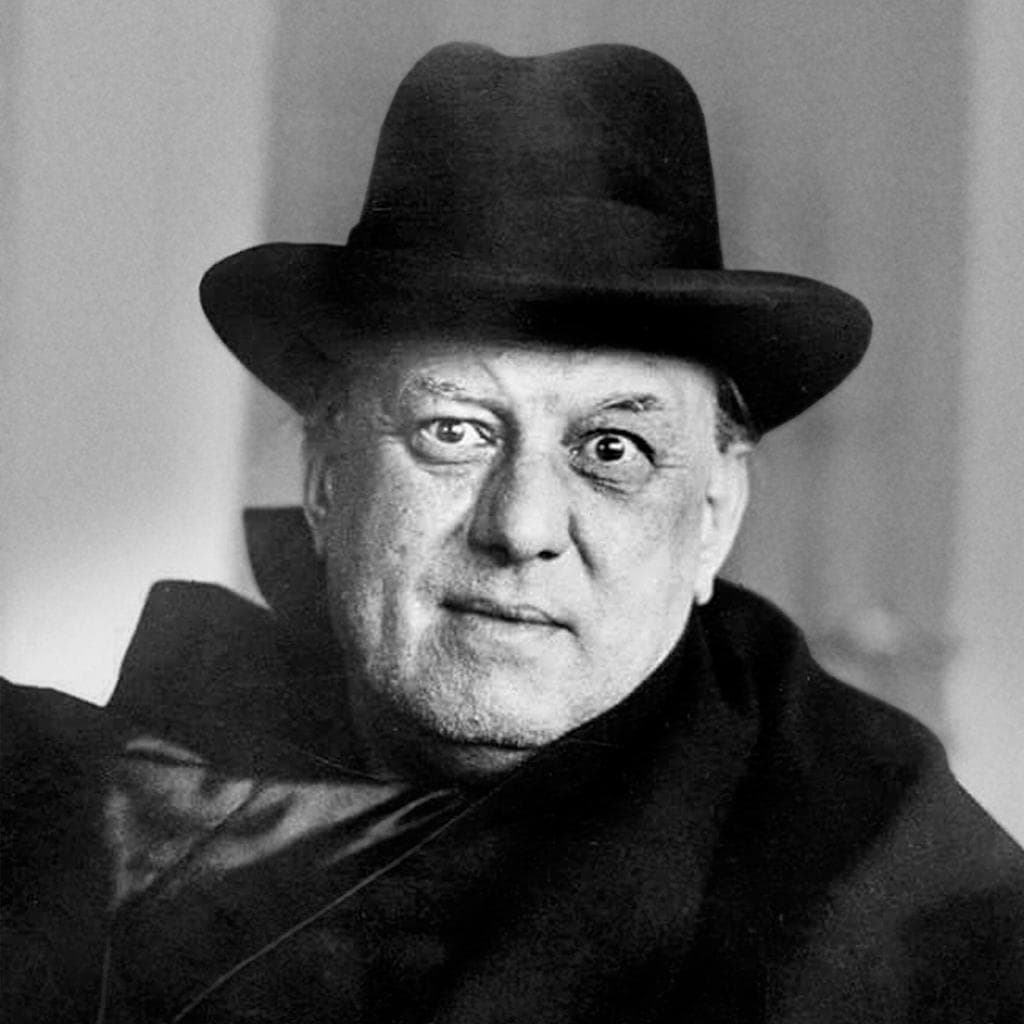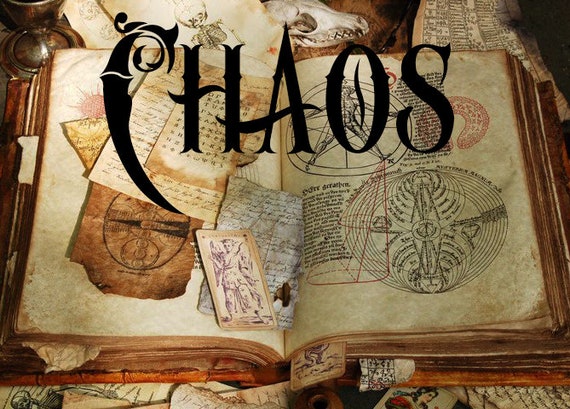- Total £0.00
What is Magick? A Deep Dive into the Esoteric and Enigmatic
What is Magick? A Deep Dive into the Esoteric and Enigmatic
In the confusing labyrinth of human spirituality and belief systems, the concept of magick holds a unique position. Magick, with its varied traditions, symbols, and practices, has been a part of human culture for millennia. It has been explored and expounded by notable individuals, including Aleister Crowley, and has birthed many forms, including Chaos Magick. In this article, we look into the heart of magick—its essence, reality, origins, and more.
Understanding Magick
Magick, in its purest form, is the age-old practice of manipulating energy, consciousness, and our perceived reality through precise rituals and symbolic actions. It is a tool that allows individuals to channel metaphysical energies and the powers of the subconscious to effect desired changes in the fabric of reality.
From the dawn of civilization, human beings have attempted to comprehend and influence the world around them. Magick provided a framework to interpret and interact with forces beyond ordinary perception. It was seen as a way to align oneself with cosmic forces, harness the energy of the universe, and invoke deities or spiritual entities.
It's important to note the spelling of 'magick' as used here. The additional 'k' was popularized by Aleister Crowley to differentiate the spiritual and philosophical practices from stage magic or illusion. This distinction signifies the seriousness and the depth of commitment involved in the practice of magick.
Another crucial element in the practice and understanding of magick is the role of ancient magickal texts. These manuscripts serve as repositories of wisdom, collected and curated by practitioners over centuries. They cover a myriad of topics from spellcraft, divination, conjurations, to herbal lore, and astral travel. Each page resonates with the wisdom of the ages and the shared experiences of countless practitioners.
Notably, magick is often spelled with a 'k' at the end to distinguish it from stage magic, which involves tricks and illusions.
Aleister Crowley and Thelema

One cannot delve into the world of magick without crossing paths with Aleister Crowley (1875–1947), an influential British occultist who left an indelible mark on modern magickal practice. Crowley founded Thelema, a spiritual philosophy or religion based on his experiences in Egypt in 1904, where he believed he made contact with a higher power that dictated to him "The Book of the Law."
Crowley defined magick as "the Science and Art of causing Change to occur in conformity with Will." According to him, any willed action is a magickal act. His works and teachings continue to be a significant source of study for those interested in the esoteric and magickal arts.
What is Chaos Magick?

Chaos Magick is a relatively modern school of magick that came into prominence in the late 20th century. It is often associated with figures such as Peter J. Carroll and Austin Osman Spare.
Chaos Magick is built on the principle that belief itself can be an active magical force. It's less about adhering to specific rituals and more about choosing and changing one's beliefs as needed to bring about desired effects. For chaos magicians, the magical paradigm—whether it be hermeticism, neo-paganism, or even quantum physics—can be adopted or discarded as long as it serves the magician's purpose.
Is Magick Real?
The reality of magick is subjective and deeply personal, varying greatly among individuals. For practitioners and believers, magick is indeed real. It's seen not as supernatural, but as a part of the natural world that mainstream science may not yet fully understand or acknowledge.
Practitioners often perceive magick as a method for influencing the world around them and within them. It's a tool for personal growth, understanding the universe, and connecting with the divine. Magick's efficacy is often tied to the practitioner's belief, intention, and will—making it a deeply personal and experiential practice.
The Gallery of Magick
The Gallery of Magick is a group of occultists and magick practitioners who have written books aimed at simplifying magick and making it accessible to everyone. They emphasize practical magick—rituals and techniques that individuals can use to solve real-world problems, from finding love to financial security.
Their written works are an invaluable resource for those stepping into the magickal world. These books are designed to be accessible, stripped of unnecessary complexity, yet rich with practical wisdom. By eliminating the barriers of esoteric language and complex symbolism often found in traditional magick texts, they have made the art of magick more approachable.
The Gallery of Magick's work showcases the evolving nature of magick. It reflects how ancient wisdom can be integrated into modern life, how age-old practices can be adapted to address contemporary needs. They embody the living tradition of magick, demonstrating its dynamic and adaptable nature and ensuring its relevance to each new generation of practitioners.
The Origins of Magick
Magick has roots in the earliest human cultures, evolving in parallel with human understanding of the world. It was inextricably linked with religion, science, medicine, and art in ancient societies. Early humans used magick to try to influence the natural world, understand the divine, and cope with the unknown.

Ancient Egyptian texts like "The Book of the Dead" contain spells and rituals that date back to around 1550 BC. The Greeks and Romans had their own magic traditions, as did the Celts. In the Middle Ages and the Renaissance, magick and the occult sciences like alchemy and astrology flourished, often intermingling with the emergence of science.
Magick has always been, and continues to be, a part of the human quest for understanding, control, and connection with the cosmos. It remains a fascinating study of human nature and our endless drive to shape the world around us and within us.
In the journey of understanding what magick is, we're exploring a profound, multi-faceted realm that extends into history, philosophy, religion, psychology, and the mystical. It's an exploration that invites us to challenge our perceptions and consider new possibilities in our relationship with the universe and ourselves.

